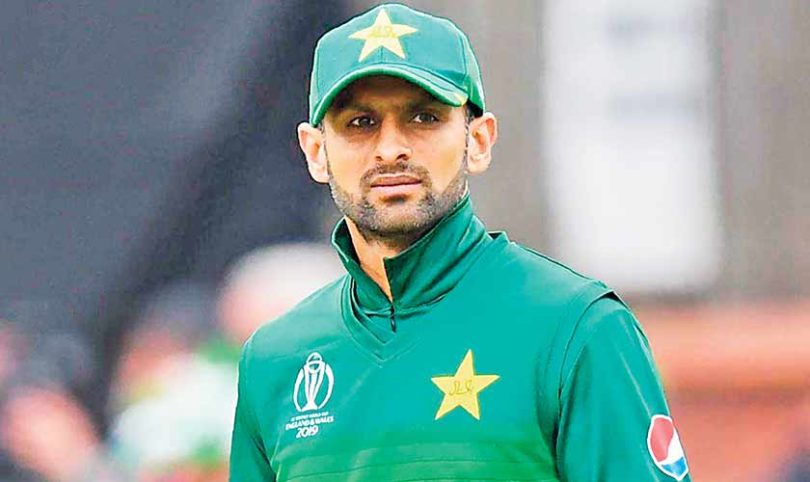Omair Alavi|Sports|September 6, 2020
Why do we still have Shoaib Malik in the team when he is neither needed as batsman nor as bowler?
| The last time Pakistan won a bilateral Test series in England was way back in 1996. Their limited-overs record in England has been much better as they won World T20 in 2009 and the Champions Trophy in 2017. However, with Sarfraz Ahmed out of favour, Misbah ul Haq back at the helm, and Shoaib Malik entering his third decade as an international cricketer, it was luck that helped Pakistan level the T20I series that they could have lost 2-0. The selectors continued to play a team from the past instead of selecting one for the future and that’s where they lost the plot. What else they did wrong. Let’s find out! |
Too many heads spoil the captaincy!
Pakistan won the third and final match of the series by five runs but the last over was comical, to say the least. Captain Babar Azam, angry at fast bowler Haris Rauf for being hit for a six off the penultimate ball, complained to wicketkeeper Sarfraz who was playing after nearly a year. Sarfraz cleverly defused the situation and Haris bowled a well-directed final delivery that resulted in Pakistan’s victory. Babar is not to be blamed here; in the first two matches, he was playing with so many captains in the side that it reminded the viewers of the 1990s. Back in the World Cup-winning decade, everyone from Saleem Malik to Wasim Akram, Waqar Younis to Aamer Sohail, Saeed Anwar to Moin Khan, Rashid Latif to Rameez Raja was either the skipper or one of the former skippers in the side. It wasn’t helpful back then, it isn’t helpful today and just as too many cooks spoil the broth, too many heads spoil the captaincy.
The captain must have a say in selection!
It seems that Babar has no say in the team’s selection or he would have utilised Shoaib Malik who played all three matches. The former skipper scored 14 runs in his only outing and looked disinterested the rest of the time. It seems the decision to select Malik was taken by Chief Selector Misbah, who conveyed it to the Head Coach (also Misbah ul Haq) who instructed the captain to play the veteran. We all know that captain Malik was instrumental in Misbah’s recall way back in 2007 but that doesn’t mean that until Malik’s son is ready to replace him, he will continue to play.
Former New Zealand cricketer Ian Smith said of him during a Test match a decade back: ‘Can’t Bowl, Can’t Bat, Can’t Field.’ And Malik seems to be going through that phase after 10 years. He is not a legendary cricketer in any way. He is no more a bowling all-rounder, and he is not even the best Pakistani batsman by a long shot. Why is he again in the squad, let alone the team? Either Misbah should explain why Malik can’t be excluded at all or quit one of the two posts he is occupying. It will help Pakistan in the longer run but the way Pakistan Cricket Board is running things, such a question will end up in the ‘Recycle Bin’ rather than reach the ears and/or eyes of the Head Coach/Chief Selector/Former Batting Coach/Former Captain.
Desperate measures save the day
It was only in the third match that the selection committee seemed active as they brought in newbie Haider Ali and experienced campaigners Sarfraz and Wahab Riaz to avoid ending the series without a victory. Haider and Sarfraz should have been there in all three matches; while the former scored a debut T20I fifty, Sarfraz was helping his captain in every manner. Despite the ugly stumping chance he missed, and the stupid tweet that followed, he proved himself to be invaluable to the T20I squad. The way Sarfraz helped his young captain was something Pakistan needs if they are to make a team for the future.
Although Wahab is at times sent to the cleaners in T20Is, he made his presence felt by bowling well at the death. Sadly, T20 regulars Shadab Khan and Imad Wasim were quite ordinary, especially in the last match when they bowled just to finish their quota of overs. Imad needs to reinvent himself as a strike bowler; those ‘lollipops’ delivered in the last match would have raised Geoff Boycott’s blood pressure who used to remember his grandmother when Carl Hooper used to bowl them.







